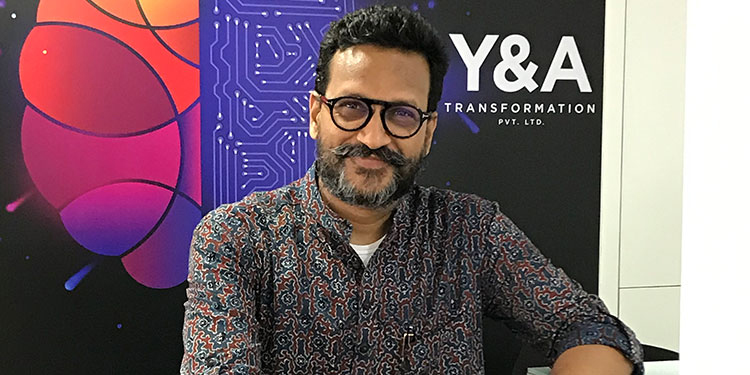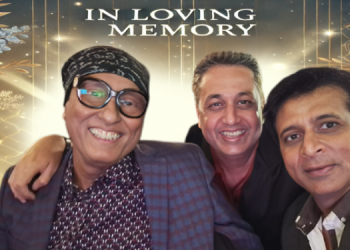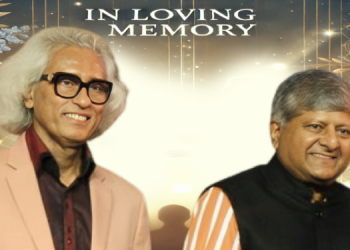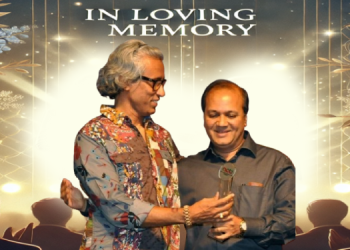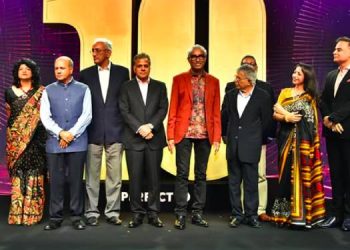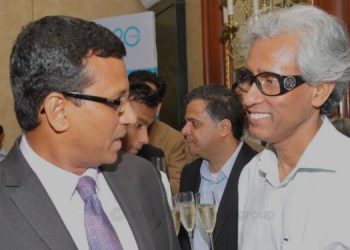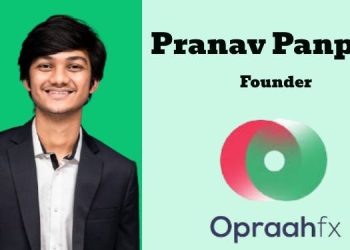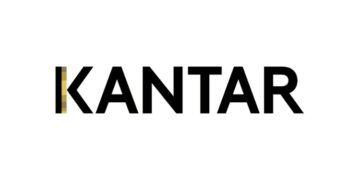The last few weeks have been quite stressful for most of us, with the news of people we very closely know, just disappearing from our lives, absolutely untimely. As I was standing at my window watching the beautiful setting sun, I got transported back to page 306 of the book, The 4-Hour work week by Timothy Ferriss.
Slow Dance by David Weatherford
Have you ever watched kids on a merry-go-round, or listened to rain slapping the ground?
Ever followed a butterfly’s erratic flight,
or gazed at the sun fading into the night?
You better slow down, don’t dance so fast,
time is short, the music won’t last.
Do you run through each day on the fly,
when you ask “How are you?”, do you hear the reply?
When the day is done, do you lie in your bed,
with the next hundred chores running through your head?
You better slow down, don’t dance so fast,
time is short, the music won’t last.
Ever told your child, we’ll do it tomorrow,
and in your haste, not see his sorrow?
Ever lost touch, let a friendship die,
’cause you never had time to call and say hi?
You better slow down, don’t dance so fast,
time is short, the music won’t last.
When you run so fast to get somewhere,
you miss half the fun of getting there.
When you worry and hurry through your day,
it’s like an unopened gift thrown away.
Life isn’t a race, so take it slower,
hear the music before your song is over.
I first read this book, couple of years ago, gifted to me by my friend Manan Kotak. It presented a good argument for doing more with less and enjoying your time periodically versus waiting for the salary credit SMS.
The book made immense sense to me as I had just given up a good corporate career, after 25 years and working for over70 hours every week, in pursuit of something that I saw meaning in. While I still work, I’m creating rich experiences every hour, thoroughly enjoying what I do with the “want” to and not “have” to do inspiration. In addition, am able to completely stay in equanimity; alert and aware of everything that’s happening around.
What did I do for this? I worked smartly to acquire skills that am using to create extremely productive work in lesser time and an ideal lifestyle. Precisely what Timothy Ferriss is trying to propagate through his book.
I do fully know the corporate whirlpool. That’s real life. But there are simple things everyone can start embracing, which in this book come in the form of practical wisdom.
Dreamlining
Dreams + Timeline = Dreamlining. What you want to have, what you want to be, and what you want to do in a 6–12 month timeline and steps that can be taken now in order to make that happen.
Absolute vs. Relative Income
Breaking down annual salaries into hourly wages to ascertain the value you are getting out of your time
Effective vs Efficient
Effective work is any work that gets to your goal and efficient work is doing it in the most economical manner. In other words, doing the right thing. vs doing things right.
Pareto’s Law
Which 20% of customers are driving 80% of revenue?
Which 20% of your friends are leading to 80% of your happiness?
Which 20% of your social circle is leading to 80% of drama and stress?
Which 20% of the content can you study to provide 80% of your performance on this upcoming test?
MBA Method (Management By Absence)
When an owner/leader assumes the responsibility of the gatekeeper, wanting his/her managers to take permission to act on any decision, the organization can only run as quickly as the owner’s/leader’s ability to respond. But, with MBA, the managers can act on decisions under supervision and when a problem occurs, the leader can step in for necessary adjustments and futureproof the scenario.
Good Managers and Great Managers
Good managers work on improving performance while making themselves critical to the operation, but the great managers create sustainable success focused on the long term of the organization. They are the sort who also actually enjoy the music thoroughly while the songs are being played.
There are many more interesting aspects in the book as the author walks his readers through his own $40K per year, 80-hour work week to $40 K per month and 4-hour work week story and more; all categorized under Definition, Elimination, Automation, and Liberation; The DEAL method.
I’m sure all of us know this interesting one, The Fisherman Anecdote.
An American investment banker was at the pier of a small coastal Mexican village when a small boat with just one fisherman docked. Inside the small boat were several large yellowfin tuna. The American complimented the Mexican on the quality of his fish and asked how long it took to catch them.
The Mexican replied, “Only a little while” The American questioned why the Mexican didn’t stay out longer to catch more fish. The Mexican said he had enough to support his family’s immediate needs. The American then asked, “but what do you do with the rest of your time?”
The Mexican fisherman said, “I sleep late, fish a little, play with my children, take siestas with my wife, stroll into the village each evening where I sip wine, and play guitar with my amigos. I have a full and busy life.”
The American scoffed, “I am a Harvard MBA and could help you. You should spend more time fishing and with the proceeds, buy a bigger boat. With the proceeds from the bigger boat, you could buy several boats, eventually you would have a fleet of fishing boats. Instead of selling your catch to a middleman you would sell directly to the processor, eventually opening your own cannery. You would control the product, processing, and distribution. You would need to leave this small coastal fishing village and move to Mexico City, then LA and eventually New York City, where you will run your expanding enterprise.”
The Mexican fisherman asked, “But, how long will this all take?”
To which the American replied, “15–20 years.”
“But what then?” asked the Mexican.
The American laughed and said, “That’s the best part. When the time is right you would announce an IPO and sell your company stock to the public and become very rich, you would make millions!”
“Millions — then what?”
The American said, “Then you would retire. Move to a small coastal fishing village where you would sleep late, fish a little, play with your kids, take siestas with your wife, stroll to the village in the evenings where you could sip wine and play your guitar with your amigos.”
Life isn’t a race, so take it slower, hear the music before your song is over.
The article is authored by S Yesudas, who is an Entrepreneur/ Marathoner/ Cyclist/ Author/ Speaker/ Mentor/ Investor/Consultant and as he describes, in continuous learning process in the university of life.

